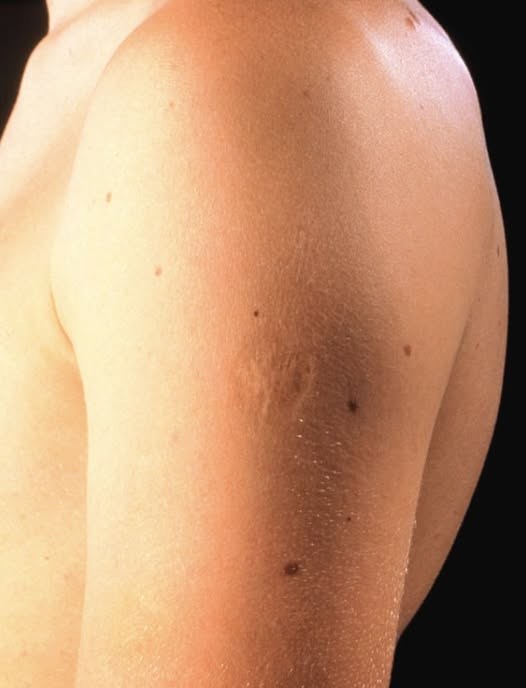
As we age, our skin and overall body chemistry undergo significant changes. While personal hygiene remains essential at any age, daily habits like showering may require a more thoughtful approach—especially for those aged 65 and older. Surprisingly, showering too frequently in later years can do more harm than good. So, how often should you really shower after 65? Let’s break it down.
The Changing Nature of Aging Skin
By the time we hit our mid-60s and beyond, our skin tends to become thinner, drier, and more sensitive. This is due to a natural decline in oil production, slower skin cell regeneration, and a reduction in collagen. As a result, older skin is more prone to irritation, itching, and even infections when it’s stripped of its natural oils—something that daily washing with soap can easily do.
How Often Should You Shower?
According to dermatologists and geriatric health experts, most seniors only need to shower 2 to 3 times a week. This frequency is enough to maintain proper hygiene and prevent body odor, without compromising the skin’s natural moisture barrier.
However, this guideline isn’t one-size-fits-all. If a person is physically active, has incontinence issues, or lives in a hot climate, they may need to bathe more frequently—but with gentler products and techniques.
The Risks of Over-Washing
Frequent showers, especially with hot water and harsh soaps, can cause:
- Dry, flaky, and itchy skin
- Increased risk of skin tears and infections
- Exacerbation of skin conditions like eczema or dermatitis
- Disruption of the skin’s microbiome, which plays a vital role in immune defense
Moreover, for seniors with mobility issues, daily showers also increase the risk of slips and falls—a leading cause of injury in older adults.
Tips for Healthier Shower Habits
If you’re over 65, or caring for someone who is, here are some gentle hygiene practices:
- Use lukewarm water, not hot
- Limit full-body soap use to essential areas like underarms, groin, and feet
- Moisturize immediately after showering with fragrance-free lotion
- Opt for fragrance-free, moisturizing soaps designed for sensitive or mature skin
- Use grab bars and non-slip mats to reduce fall risk in the bathroom
Alternatives to Full Showers
On days between showers, consider sponge baths or using cleansing wipes to freshen up. These methods can effectively clean the body without stripping away natural oils or exposing delicate skin to water and soap unnecessarily.
In Conclusion
Showering less often might feel counterintuitive, especially for those used to daily routines, but for adults over 65, it’s a smart and healthy adjustment. The goal is to strike a balance: staying clean without compromising skin health or safety. With a few mindful changes, seniors can maintain their hygiene while preserving their skin’s natural defenses and comfort.





